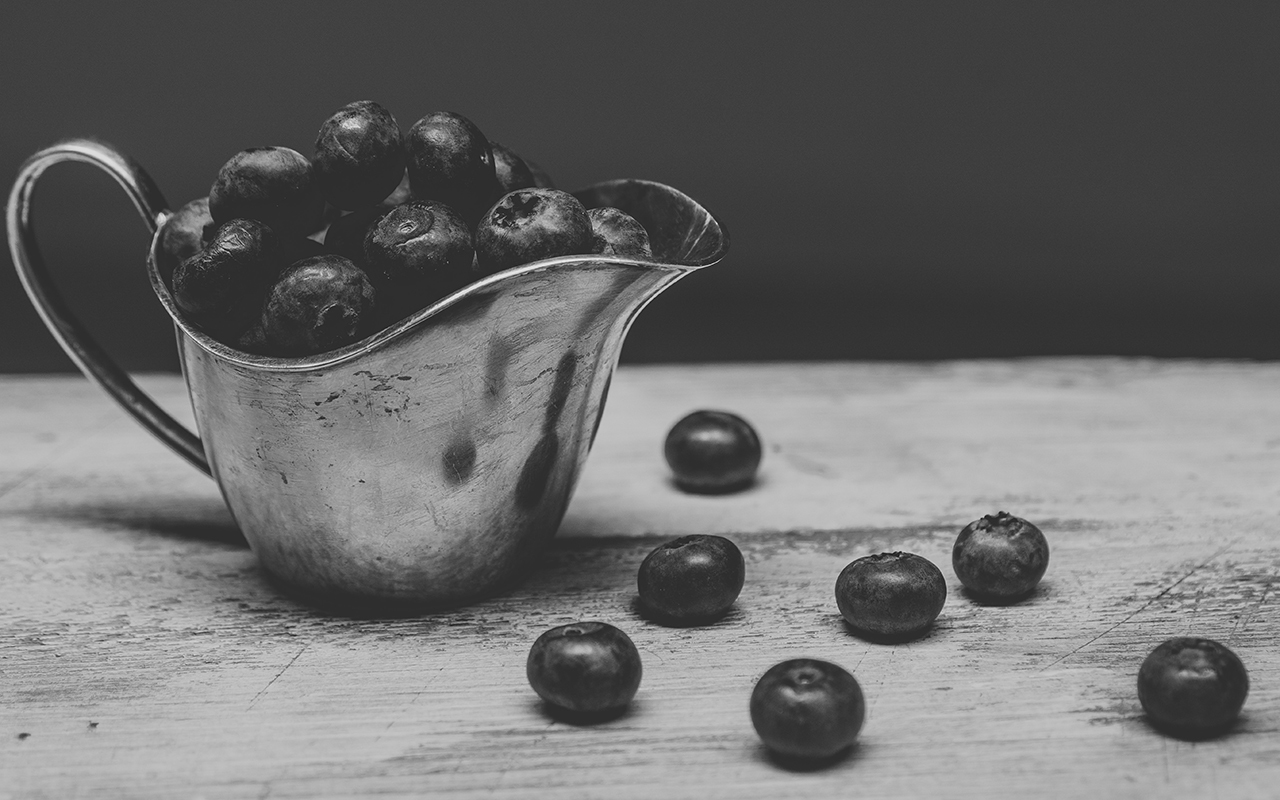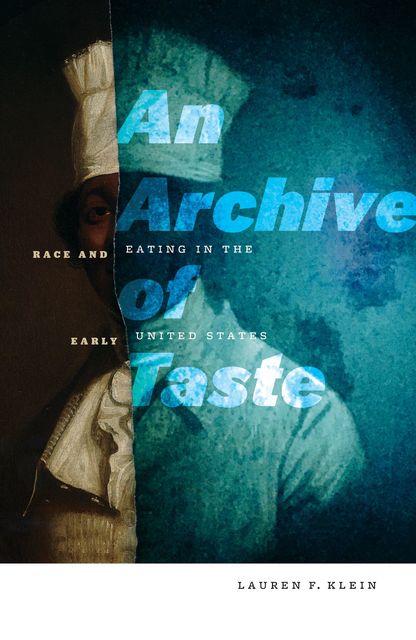An Archive of Taste
Race and Eating in the Early United States
There is no eating in the archive. This is not only a practical admonition to any would-be researcher but also a methodological challenge, in that there is no eating—or, at least, no food—preserved among the printed records of the early United States. Synthesizing a range of textual artifacts with accounts (both real and imagined) of foods harvested, dishes prepared, and meals consumed, An Archive of Taste reveals how a focus on eating allows us to rethink the nature and significance of aesthetics in early America, as well as of its archive.
Lauren F. Klein considers eating and early American aesthetics together, reframing the philosophical work of food and its meaning for the people who prepare, serve, and consume it. She tells the story of how eating emerged as an aesthetic activity over the course of the eighteenth century and how it subsequently transformed into a means of expressing both allegiance and resistance to the dominant Enlightenment worldview. Klein offers richly layered accounts of the enslaved men and women who cooked the meals of the nation’s founders and, in doing so, directly affected the development of our national culture—from Thomas Jefferson’s emancipation agreement with his enslaved chef to Malinda Russell’s Domestic Cookbook, the first African American–authored culinary text.
The first book to examine the gustatory origins of aesthetic taste in early American literature, An Archive of Taste shows how thinking about eating can help to tell new stories about the range of people who worked to establish a cultural foundation for the United States.
Background photo by Jagoda Kondratiuk on Unsplash

Recent Activity
Text Added
Table of Contents
Metadata
- rightsThis book is freely available in an open access edition thanks to TOME (Toward an Open Monograph Ecosystem)—a collaboration of the Association of American Universities, the Association of University Presses, and the Association of Research Libraries—and the generous support of Emory University and the Andrew W. Mellon Foundation. Learn more at the TOME website, available at: openmonographs.org.
A different version of chapter 1 was published as "Dinner-Table Bargains: Thomas Jefferson, James Madison, and the Senses of Taste," Early American Literature 49, no. 2 (Spring 2014): 403–33; copyright 2014 by the University of North Carolina Press, reprinted by permission of the publisher, www.uncpress.org. Different versions of portions of chapter 3 were published in "Speculative Aesthetics," Early American Literature 51, no. 2 (Spring 2016): 437–45; copyright 2016 University of North Carolina Press, reprinted by permission of the publisher, www.uncpress.org. A different version of a portion of chapter 4 was published in "The Matter of Early American Taste," in The Cambridge Companion to Food and Literature, ed. J. Michelle Coughlan (Cambridge University Press, 2020); copyright 2020, Cambridge University Press, reprinted with permission. A different version of chapter 5 was published as "The Image of Absence: Archival Silence, Data Visualization, and James Hemings," American Literature 85, no. 4 (Winter 2013): 661–88; copyright 2013, Duke University Press, reprinted by permission, www.dukeupress.edu.
Copyright 2020 by Lauren F. Klein
An Archive of Taste: Race and Eating in the Early United States is licensed under a Creative Commons Attribution-NonCommercial-NoDerivatives 4.0 International License (CC BY-NC-ND 4.0): https://creativecommons.org/licenses/by-nc-nd/4.0/.
- isbn978-1-4529-6481-2
- publisherUniversity of Minnesota Press
- publisher placeMinneapolis, MN
- restrictionsPlease see the Creative Commons website for details about the restrictions associated with the CC BY-NC-ND 4.0 license.
- rights holderLauren F. Klein
- doi


